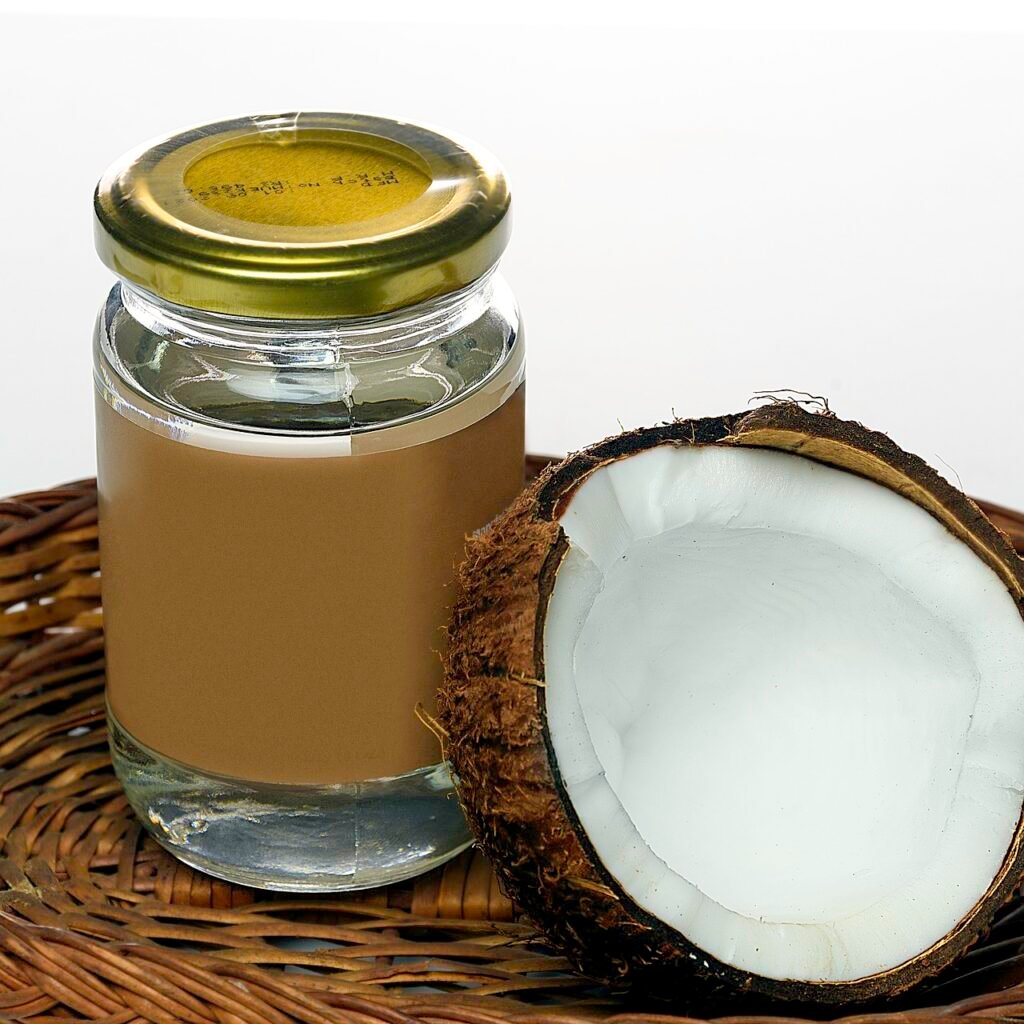When it comes to men’s health, the interplay between body fat and testosterone levels is a topic that generates significant interest. Testosterone, often referred to as the “male hormone,” plays a crucial role in muscle mass, bone density, energy levels, and even mood. However, increasing body fat is often linked with declining testosterone levels, leading to a vicious cycle that can impact overall well-being.
In this blog post, we’ll explore the possible relationship between body fat and testosterone levels, the science behind it, and how you can take actionable steps to manage both. If you’re looking for ways to optimize your hormone levels, this post could provide valuable insights, alongside some product recommendations that might help you along the way.
How Body Fat Affects Testosterone
Research has shown that there is a strong connection between increased body fat and lower testosterone levels. This relationship is mainly due to the way fat tissue influences hormonal balance in the body. Here’s how it works:
- Aromatase Enzyme Activity: Fat cells contain an enzyme called aromatase, which converts testosterone into estrogen. The more fat you have, especially in the abdominal area, the higher the activity of this enzyme. As a result, more testosterone is converted into estrogen, leading to reduced levels of testosterone.
- Insulin Resistance: Increased body fat, particularly visceral fat (fat stored around the organs), is often linked to insulin resistance. This condition can lead to higher insulin levels, which have been associated with lower testosterone levels. Insulin resistance also contributes to metabolic syndrome, a cluster of conditions that further suppresses testosterone production.
- Inflammation: Excess body fat leads to chronic inflammation, which can impair the function of the hypothalamus and pituitary gland—the parts of the brain responsible for regulating hormone production, including testosterone. Chronic inflammation is known to disrupt the body’s ability to produce and regulate hormones effectively.
The Impact of Low Testosterone
Low testosterone can have far-reaching effects on a man’s physical and mental health, including:
- Decreased Muscle Mass: Testosterone is vital for muscle growth and maintenance. Low levels can lead to a loss of muscle mass and strength, making it harder to stay fit and healthy.
- Increased Body Fat: As testosterone levels drop, it becomes easier to gain fat, especially around the midsection. This, in turn, further reduces testosterone, creating a negative feedback loop.
- Low Energy and Fatigue: Testosterone influences energy levels, and low levels often result in persistent fatigue, making it challenging to stay active and motivated.
- Mood Changes: Testosterone also affects mood and mental well-being. Low levels are associated with depression, irritability, and a lack of focus.
How to Break the Cycle: Actionable Steps
If you’re dealing with both high body fat and low testosterone, the good news is that there are ways to break the cycle:
- Exercise Regularly: Resistance training, such as weight lifting, has been shown to boost testosterone levels. Incorporating high-intensity interval training (HIIT) can also be effective in reducing body fat and increasing testosterone.
- Maintain a Healthy Diet: Focus on a balanced diet rich in lean proteins, healthy fats, and whole grains. Avoiding excessive sugar and processed foods can help reduce insulin resistance and inflammation, supporting healthier testosterone levels.
- Consider Natural Supplements: Some supplements can support testosterone production and fat loss. Ingredients like tongkat ali, ashwagandha, fenugreek, and zinc, have been shown to positively impact testosterone levels.
- Get Adequate Sleep: Lack of sleep has been linked to lower testosterone levels. Aim for 7-9 hours of quality sleep per night to keep your hormones in check.
- Manage Stress: Chronic stress increases cortisol levels, which can negatively impact testosterone. Incorporating stress management techniques like meditation, deep breathing, or yoga can help balance your hormones.
Final Thoughts
Understanding the relationship between body fat and testosterone is key to taking control of your health. By addressing both body fat and hormone levels simultaneously, you can improve your overall well-being, energy, and quality of life. Whether through lifestyle changes, diet, or natural supplements, there are steps you can take to break the cycle and boost your testosterone levels.
If you’re looking to optimize your health, consider exploring the supplements mentioned above, which can complement your efforts to manage body fat and maintain healthy testosterone levels.
Disclaimer: The information provided on this blog is for general informational purposes only and is not intended as medical advice. Always consult with a qualified healthcare professional before making any decisions regarding your health or starting any new treatments. The content here should not be used to diagnose, treat, or prevent any medical condition. Additionally, please note that this blog is reader-supported. If you click on an affiliate link or advertisement and make a purchase, we may receive a commission at no extra cost to you. This helps us maintain the site and continue providing valuable content.




